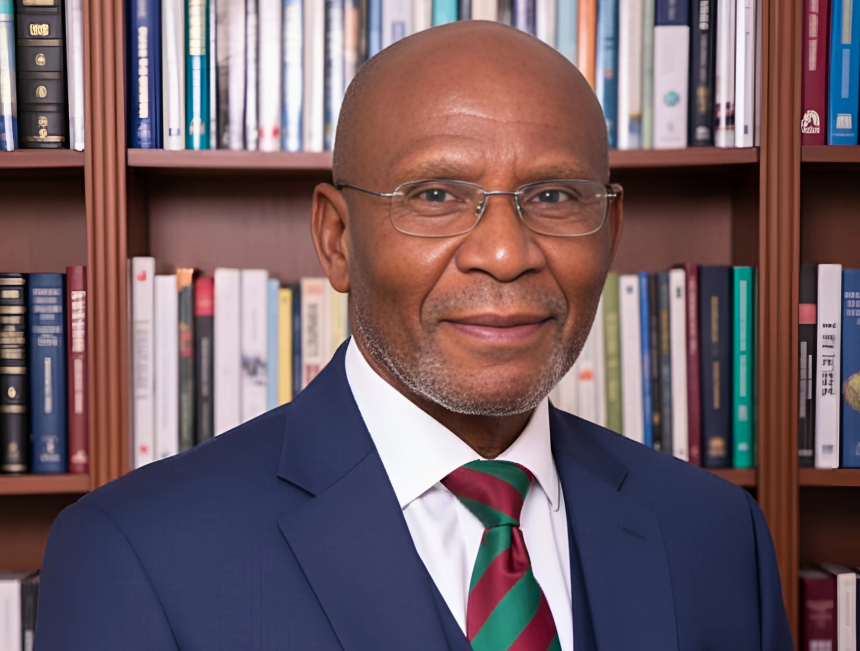By Brian Matambo – Lusaka, Zambia
“Zambia is in intensive care.” Hon. Robert Kenneth Sichinga did not flinch when he said it. Loadshedding affecting homes and industries, no medicines in the hospitals, no infrastructure development while heavy trucks destroy the little road network we have, and maize exported before guaranteeing food security at home. These, he declared, are the symptoms of a dying economy.
Hon. Sichinga told his colleagues in the Zambia We Want that the manifesto was not a political brochure, it was a prescription. The “patient” is Zambia, and the only cure is economic surgery.
THE MAN WHO WRITES THE BLUEPRINTS
Few in Zambian politics have authored as much as Sichinga. The MMD Manifesto of 1990 was drafted in his office. He prepared the alternative budgets for UPND under Mazoka. He managed Michael Sata’s campaign, even writing the speeches, including the Oxford University lecture that stamped Sata’s global presence. Where others spoke, Sichinga built the text that carried them to power.
ECONOMY BEFORE EVERYTHING
“If you don’t have solutions for the economy, you won’t solve anything else,” he told the gathering. For Hon. Sichinga, agriculture in Namwala, fisheries in Luapula and Kariba, livestock in the valleys, copper and cobalt in the mines, these must stop being wasted opportunities and start feeding a national industrialisation drive. The resources are there, the problem is leadership.
AN IMPECCABLE RECORD
He reminded the room that he has sat in the big offices: Minister of Commerce, Minister of Agriculture, Minister of Finance (nominated). He has carried responsibility for budgets, food security, and trade. And in all this, he stressed, there is no record of theft. “My reputation is more valuable than anything else,” he said, holding up his Harvard Business School plaque and his fellowship as a certified accountant.
Hon Sichinga’s reputation as a watchdog against graft is not accidental. As Founding Chairperson of Transparency International Zambia and the Integrity Foundation, he helped pioneer the country’s civil society fight for clean governance. He argues that corruption in Zambia is not a side issue but a cancer eating through the arteries of government, from medical supplies and fuel procurement to fertilizer and motor vehicle tenders, construction contracts and even the mines. His position is blunt: until corruption is cut out at the root, Zambia cannot hope to grow, and no economic plan will ever succeed.
READY TO FACE HH
Hon. Sichinga’s sharpest line came when he challenged the party itself: “You have to pick somebody who can stand against HH and say, fact number one is this. Figures don’t lie.”
He warned that a weak choice would doom ZWW to repeat the same mistake. “If we pick somebody without the experience of running government, we will end up with another HH, talking without knowing what to do.”
He closed by turning to his peers: “You are the doctors, you are the nurses. You will decide who can cure this illness.”
Sichinga did not ask to be liked. He asked to be believed. He offered competence instead of charisma, evidence instead of noise, integrity instead of improvisation. For Zambia We Want, and for a country on life support, his message was brutal in its simplicity: save the economy first, or nothing else matters.



Leave a Reply